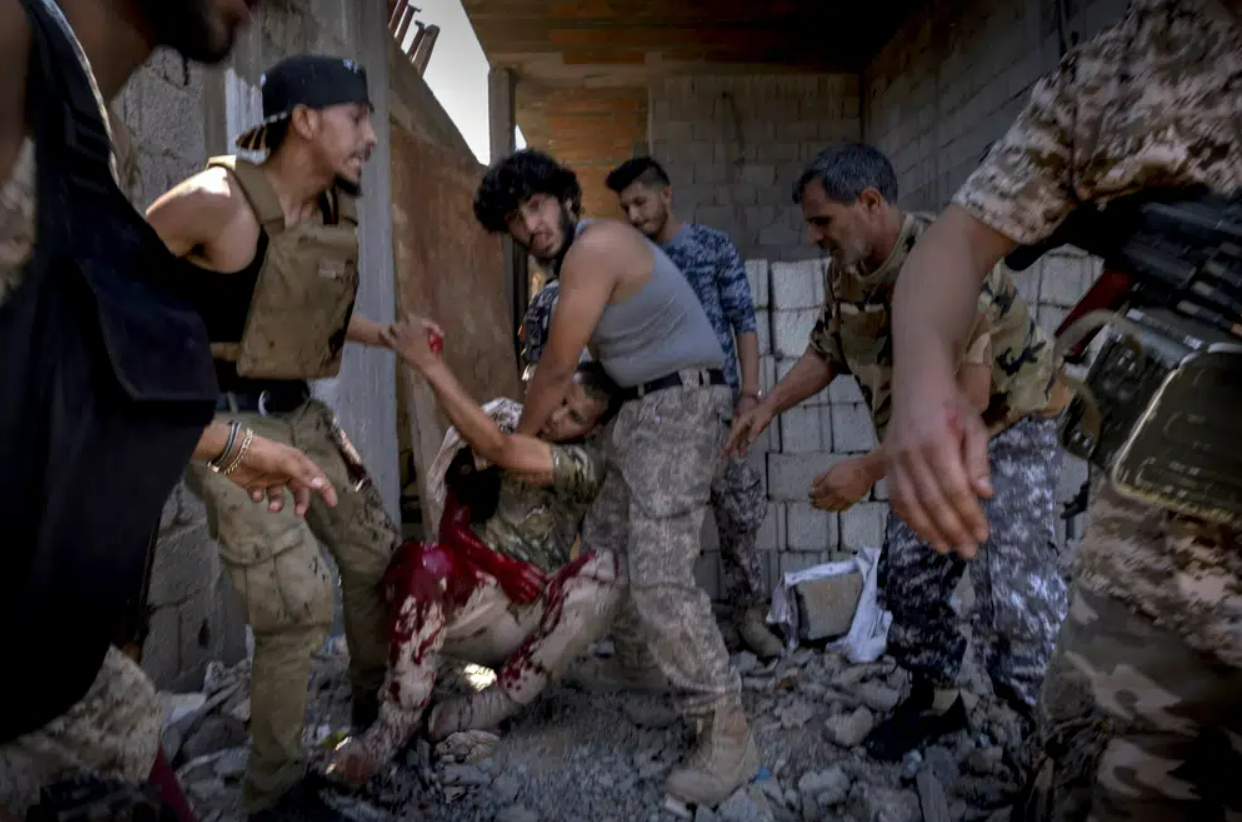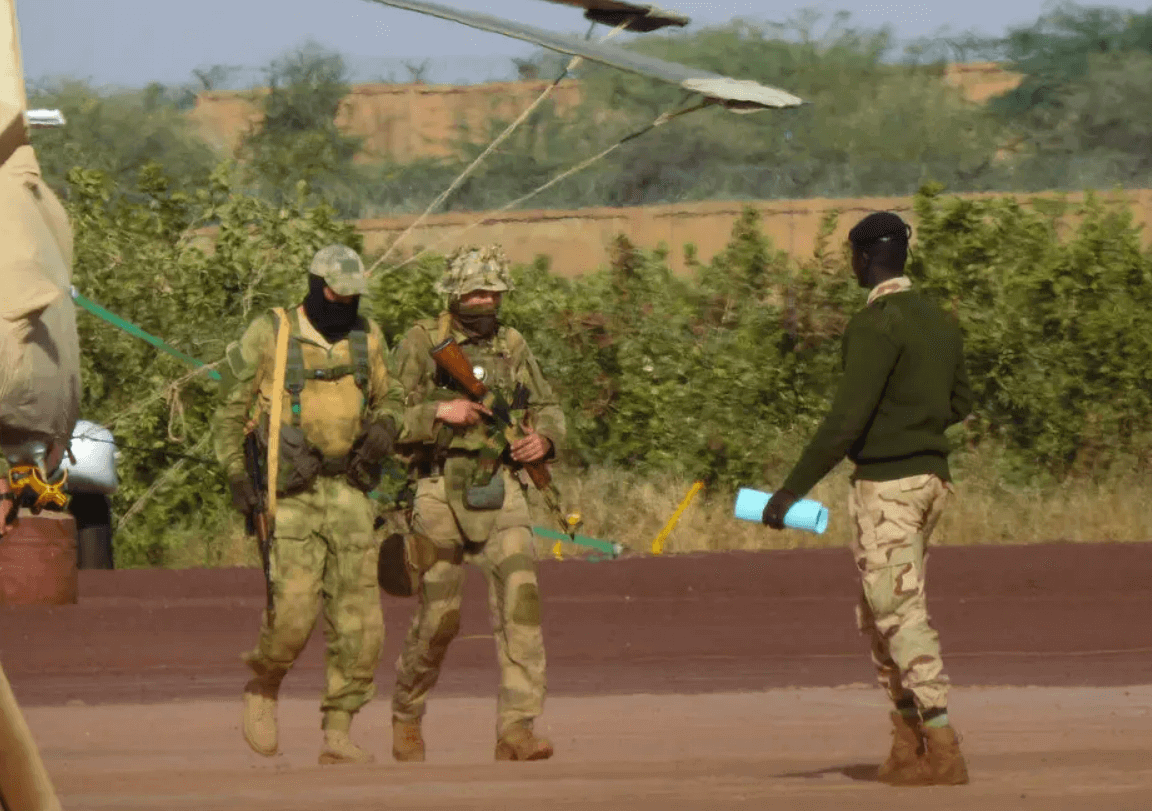Overview
According to over a dozen Libyan, Sudanese, and Egyptian unnamed officials, the US has been pushing the UAE and Egypt to pressurise military leaders in Libya and Sudan to expel Kremlin-linked Wagner Group’s mercenaries.
“Wagner obsesses [American officials] … It is at the top of every meeting,” a senior Egyptian official familiar with the discussion claimed direct knowledge of the talks.
In this regard, the organisation’s activities in Libya and Sudan were the main topic discussed during US’ Central Intelligence Agency Director William Burns’ recent visit to Egypt and Libya last month. Burns admitted on Thursday that Washington was “working very hard to counter” the mercenary outfit.
"The US has been working for months with regional powers Egypt and the UAE to pressure military leaders in Sudan and Libya to end their ties with the Wagner Group, a military contractor with close ties to Russia’s president" https://t.co/A49EzoWvBL
— Kabir Taneja (@KabirTaneja) February 3, 2023
In a similar vein, US Secretary of State Antony Blinken also discussed the Wagner Group’s role with Egyptian President Abdel Fattah El Sisi in Cairo last month.
Wagner’s Activities in Libya
Owned by Russian President Vladimir Putin’s close ally, Yevgeny Prigozhin, the Russian private military company was known to be allied with Sudan’s former strongman, Omar al-Bashir, and then with his military replacements, while it is linked with military commander Khalifa Hafter in east Libya since April 2019.
Burns talked about the Wagner Group’s activities in his meetings with Libyan PM Abdul Hamid Dbeibah and his rival, Haftar, last month.
In April 2019, the Russian paramilitary organisation deployed between 1,400 to 2,000 private military contractors to support Haftar’s attack on the Libyan capital Tripoli. 
In June 2020, as per Libya’s National Oil Corporation (NOC), Wagner mercenaries, along with other foreign fighters, forcibly entered the Al Sharara oil field in an apparent attempt to sabotage the resumption of the field’s oil production, which produces over 300,000 barrels of crude every day, accounting for almost one-third of the country’s total production.
To this end, the US Embassy in Libya on Friday condemned the Wagner Group’s occupation of the oilfield, and deemed the move “an unprecedented foreign-backed campaign to undermine Libya’s energy sector.”
Wagner’s Role in Sudan
The group began operating in Sudan in 2017, and the US has sent constant messages to Khartoum about Wagner’s increasing influence. Though they do not fight in Sudan, Wagner appears to control the gold mines in the country in exchange for training and providing intelligence to Sudan’s paramilitary group, the Rapid Support Forces.
In fact, Egypt’s Intelligence Directorate Agency Director, Abbas Kamel, also raised the US’ concerns about Wagner’s “use of Sudan as a base” for operations in Central African Republic with Sudan’s ruling sovereign council head, General Abdel Fattah Al Burhan.
Wagner Group in Ukraine
Currently, the Wagner Group has reportedly gained control over the town of Soledar in eastern Ukraine. The private militia — with an estimated 20,000 troops mostly comprising prisoners in exchange for amnesty — fighting in Ukraine has proved to be a game-changer in the Russian invasion.
In October, an anonymous former high-ranking Wagner official, seeking asylum in France, confirmed that the Wagner Group was established under the Defence Ministry at the direction of the GRU, the Russian military intelligence service. He further gave details of “how the state established a system of financing” and “how these secret units were involved in subversive work” in Luhansk, eastern Ukraine.
Sanctions Against Wagner Group
Though the US has announced sanctions against the Wagner Group and Prigozhin since 2017, its Department of Commerce introduced new restrictions related to technology exports in December, accusing them of “actively committing atrocities and human rights abuses across Ukraine.”
Additionally, last month, the Department of Treasury designated them as a “transnational criminal organisation” and imposed additional sanctions against the group and “its support network across multiple continents.”
The EU has imposed sanctions against the group, with the UN and France having accused them of committing rapes and robberies against civilians in the Central African Republic. Furthermore, the US military held them responsible for planting landmines and other improvised explosive devices in and around the Libyan capital, Tripoli, in 2020.

